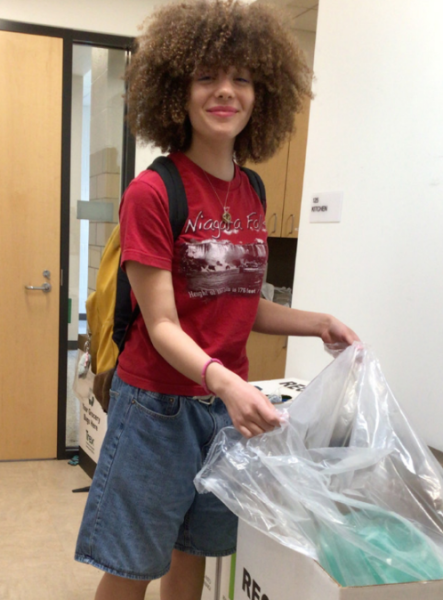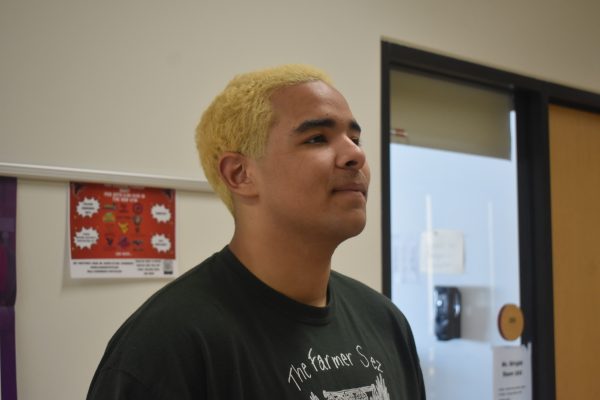Autism Awareness Month
Autism (also known as ASD or Autism Spectrum Disorder) is a lifelong mental disorder that affects the cognitive state of one’s brain. April is the month to recognize those who struggle with all spectrums of autism. Approximately 1 in 44 U.S. children are diagnosed with autism as young as 3 months old. Many who deal with autism experience symptoms of reading and writing difficulty, as well as many other struggles such as sleep disorders, anxiety, depression and attention issues. The spectrum of their abilities can range from severely challenged to highly intelligent.
Adrian Fuller, junior, struggles with a form of autism known as “Asperger Syndrome.” Aspergers officially became part of the autism spectrum in 2013, and is typically associated with difficulty in social interactions and a narrow set of interests. “. . . It’s very hard to communicate my way of thinking. . . challenging academic wise. . . and it can be very frustrating,” Fuller explains. “They can ask a simple question like hey where do you wanna eat? And I give them like 10 different ideas.”
However, not all autistic symptoms are academically or socially imparing, sometimes the smartest people struggle with autism and those around them may have no idea. Albert Einstein, and Isaac Newton both showed signs of having autism, specifically aspergers. they struggled with social interactions and forgetfulness. Some autistic diagnoses include incredible attention to detail, long term memory skills, above average to average intelligence, and many times extremely logical thinking.
For those who have never experienced or do not understand autism, it can be difficult to interact or empathize with them. Adrian Fuller explained that though he was never bullied for having autism directly, he was bullied for his actions caused by having Asbergers syndrome. About 2 thirds of Autistic children have been bullied between the ages of 6 and 15 for their place on the autistic spectrum scale.
Autism affects children and adults alike. It occurs in all ethnic, cultural, and racial backgrounds and it does not affect everyone in the same way or on the same level. It’s important to be aware and caring towards those who struggle with any scale of autism and be as understanding as possible, giving the public a wider outlook and perspective to those around them and showing that we care for the struggle of others.
Thanks for reading The Falconer. We're happy to provide you with award-winning student journalism since 1963, free from bias, conflicts of interest, and paywalls. We're able to continue with the generous support of our local community. If you're able, please consider making a donation. Any amount is incredibly helpful and allows us to pursue new and exciting opportunities.

Hey! My name is Aaliyah Jackson and I’m a junior here at Fauquier. This is my first year taking the class for journalism, but I’ve been in the club...










